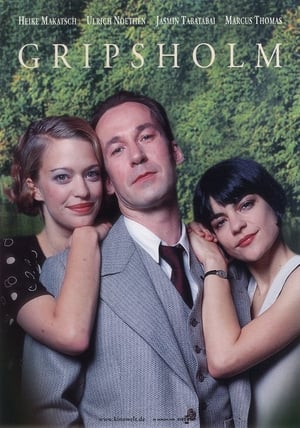Overview
Stella Maris is a beautiful, crippled girl, who is cared for by a rich family. They shield her from the harsh realities of the world, so that she has no idea of the cruel things that some people do. Unity Blake is a poor orphan all too familiar with the harsh realities of the real world. These two young women both fall in love with John, love which is complicated by the fact that he is still married to (though separated from) a bad wife.
Reviews
We get two quite contrasting doses of Mary Pickford in this touching drama about two girls. One is a cosseted lass, who cannot walk and is shielded by her wealthy, well meaning, family. The other a bit of an urchin - able bodied but living the harshest of lives in an orphanage. When the latter is adopted, she is optimistic - but that soon fades as her new "mother" turns out to be a wrong un' (and is imprisoned after violently beating her). The rather weak-willed, prosperous, husband "Risca" (Conway Tearle) is not quite so objectionable, though, and he is soon as drawn to "Unity" as he has been for quite a while to the invalid "Stella". When a surgeon manages to get "Stella" walking, she sets about entering a world full of war, pain, anguish - and love - and the story takes off with Pickford in her element. She plays both characters with aplomb and distinction. In "Stella" we have a more typically beautiful, breezy performance; in "Unity" a much grittier, earthier, frankly uglier, one - and she pulls them both off superbly. Though both roles target our sympathy glands, neither drag us into the cheesy world of sentiment nor of too much melodrama. Tearle is strong in his role as the would-be suitor, as is Marcia Manon as the truly odious "Louisa". I wasn't hugely impressed by the ending - but I'm equally unsure how I would have liked it to conclude. The photography borders on the insightful - the use of close ups almost seems to let us see into their minds, to tell us what they are thinking. Certainly one of Pickford’s best.

 84 min
84 min
 6.8
6.8
 1918
1918
 USA
USA
 CinemaSerf wrote:
CinemaSerf wrote:



















